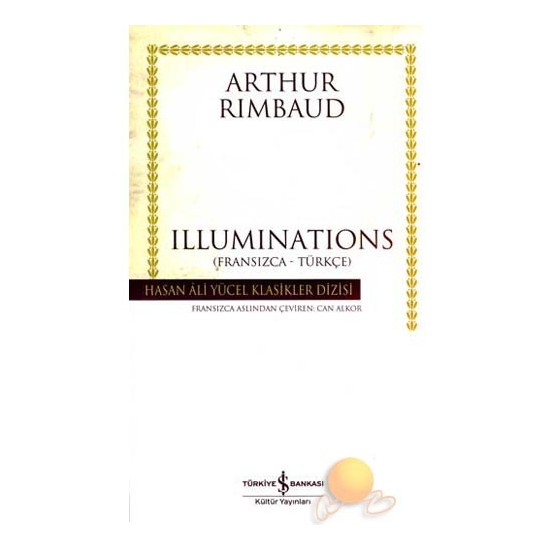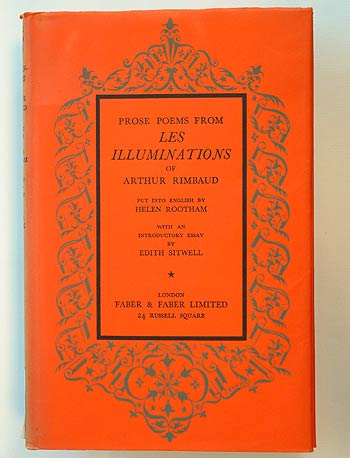


_The Flanner and MacFarquhar articles-and the complete archives of The New Yorker, back to 1925-are available to subscribers. Since he is always dipping the bucket into the same stream his poems will resemble one another, but because the stream varies according to climatic conditions-what’s on his mind, the weather, interruptions-they will also be different. Whatever the bucket brings up will be his poem…. What he is trying to do (and here the metaphors get a little screwy, but these are the pictures that come to him) is jump-start a poem by lowering a bucket down into what feels like a kind of underground stream flowing through his mind-a stream of continuously flowing poetry, or perhaps poetic stuff would be a better way to put it.

They do the trick for him, whatever the trick is, perhaps because their poems seem to him to begin in the middle and wander around and finally break off without any kind of formal conclusion, and that somehow makes starting a poem of his own feel easier, as if he’d already begun it, or as if they had…. He reaches for a book by one of the poets he keeps around for dehydrated moments like this one because they get his poetry going-Mandelstam, Pasternak, Hölderlin.

For since they have been dissipated-oh! the precious stones being buried and the opened flowers!-it’s unbearable! and the Queen, the Witch who lights her fire in the earthen pot will never tell us what she knows, and what we do not know.He stares at the paper in his typewriter and is reminded for the millionth time that one of the worst things about being a poet is that you’re confronted by an empty page, a nothing-at-all, practically every time you sit down to write (unless you’re in the middle of a long poem, which you aren’t usually). It offers an alternative vision extending the parameters of literary translation by showing that such translation is itself a form of experimental creative writing. Gush, pond,-Foam, roll on the bridge and over the woods -black palls and organs, lightning and thunder, rise and roll -waters and sorrows rise and launch the Floods again. Translating Rimbaud's Illuminations is a critique of the assumptions which currently underlie our thinking on literary translation. Then in the violet and budding forest, Eucharis told me it was spring. Ever after the moon heard jackals howling across the deserts of thyme, and eclogues in wooden shoes growling in the orchard. And Hotel Splendid was built in the chaos of ice and of the polar night. Mass and first communions were celebrated at the hundred thousand altars of the cathedral. Madame *** installed a piano in the Alps. A door banged and in the village square the little boy waved his arms, understood by weather vanes and cocks on steeples everywhere, in the bursting shower. In the big glass house, still dripping, children in mourning looked at the marvelous pictures.
RIMBAUD ILLUMINATIONS WINDOWS
Blood flowed at Blue Beard’s,-through slaughterhouses, in circuses, where the windows were blanched by God’s seal. In the dirty main street, stalls were set up and boats were hauled toward the sea, high tiered as in old prints. Oh! the precious stones that began to hide,-and the flowers that already looked around. “AFTER THE DELUGE AS SOON as the idea of the Deluge had subsided, A hare stopped in the clover and swaying flower-bells, and said a prayer to the rainbow, through the spider’s web.


 0 kommentar(er)
0 kommentar(er)
